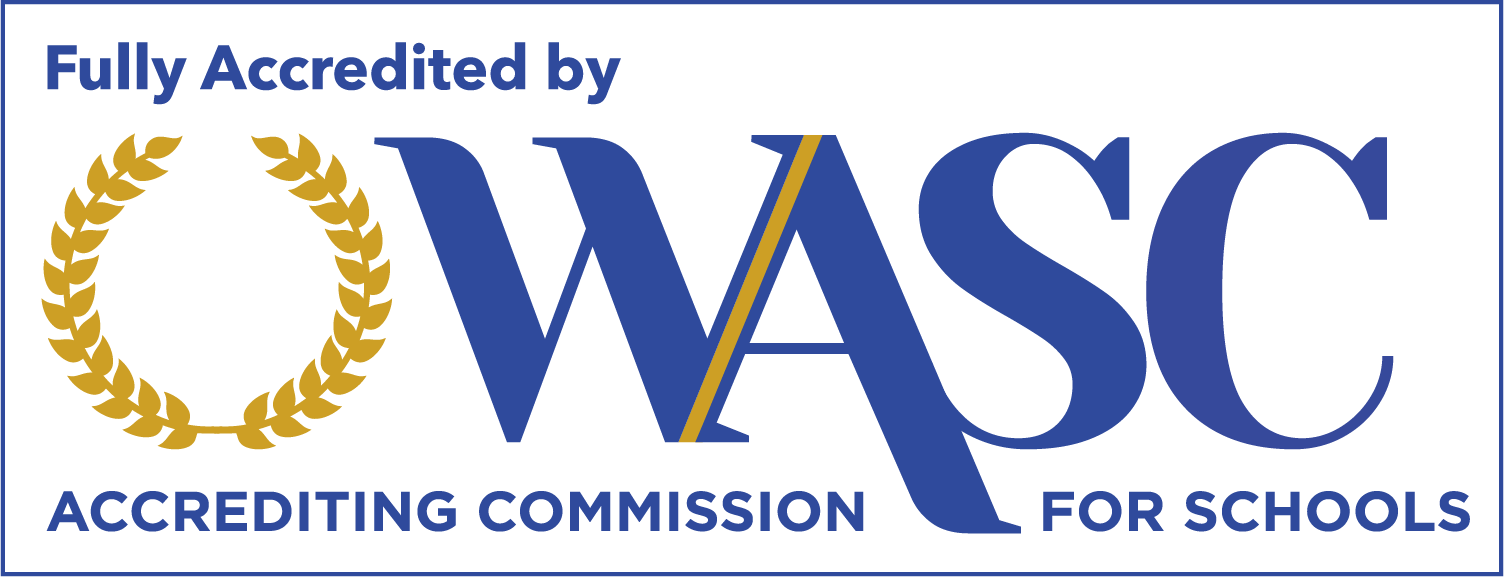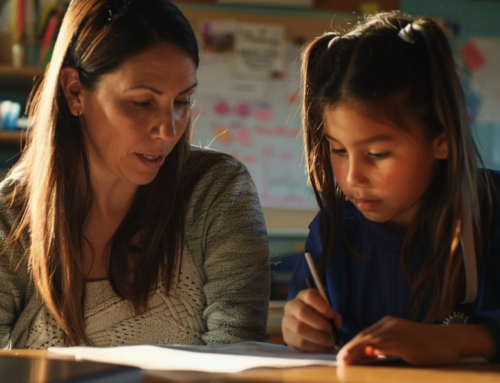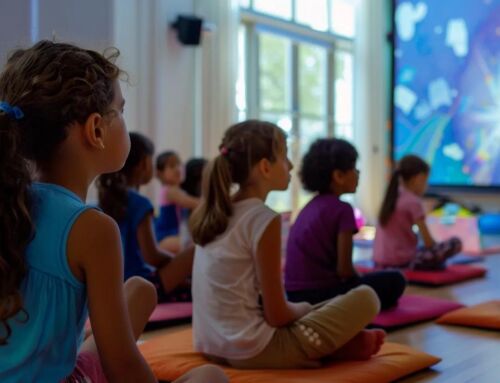School for Dyslexic Children Helps Students from Roseville and Rocklin, CA
Dyslexia is one of the most common learning disorders in the world, with estimates suggesting up to 17% of the US population lives with dyslexia.
Dyslexia can make reading, writing, and learning more difficult for those who have it, especially before they are diagnosed. However, with proper educational support, dyslexic children can thrive in their learning environment.
Keep reading for all you need to know about education for children with dyslexia.
What is Dyslexia?
Dyslexia is a very common learning disorder characterized by having difficulty reading despite having the intelligence to do so. Individuals with dyslexia have trouble connecting the words on a page with the associated sounds.
Dyslexia does not mean a student is less intelligent, it just means that their brains have trouble processing written words. In fact, many studies have shown that dyslexic children are average or even above-average intelligence. They just have more difficulty with tasks that require reading.
How to Tell if Your Child Has Dyslexia
Common signs of dyslexia include delays in beginning to speak, early difficulty reading, and trouble reading aloud. As students work their way up through the grades, symptoms may become more prominent.
They can include difficulty taking tests (even when the student knows the material verbally), messy handwriting, and an inability to learn a new language.
Dyslexic children will typically have a very difficult time spelling. Students may also show signs of dysgraphia, which is a written expression disorder, or dyscalculia, a math disorder. When unremediated, these students may have grades that are below their abilities.
How to Test a Child for Dyslexia
If you are noticing symptoms of dyslexia in your child, a professional evaluation is the next step. An educational psychologist or a dyslexia specialist is trained on how to accurately assess your child for dyslexia.
Testing will involve several different scales. Dyslexia assessments will involve an assessment of phonological processing assessment, several reading assessments, and spelling/writing assessments as well.
Remember, a dyslexia diagnosis is not a bad thing! Once diagnosed, dyslexic students can begin an education plan that works with the way they learn. Dyslexic students can thrive with the right support!
How to Teach a Child With Dyslexia
Once diagnosed, it is time to develop a learning plan that is best suited to your child’s unique learning style. Some children may require more intervention than others.
The primary goal of dyslexia education is to help your child develop good reading strategies. This could include repeatedly reviewing skills and sight words, fluency practice and comprehension work.
Structured literacy intervention is essential for getting your child’s reading level up to their grade level. These programs provide the extra reading, writing, and spelling support your child needs to thrive in class. So, what is structured literacy intervention?
Structured literacy intervention breaks down the key components of literacy to help your child develop their comprehension capabilities. These components of structured literacy include:
- Phonology
- Sound-symbol associations
- Syllables
- Morphology
- Syntax
- Semantics
By understanding the building blocks of reading, students are able to catch up to others in their class.
How to Help a Child with Dyslexia in the Classroom
Children with dyslexia have the power to excel in school! That being said, dyslexic children require additional support at school. If your child attends public school, there are accommodations they should have.
Test-taking is a major obstacle for many dyslexic students. Accommodations such as extra testing time and a quiet workspace can make a big difference!
Giving the option to test verbally can also make a large impact. Oftentimes, dyslexic students know the answers but have a lot of difficulties expressing them correctly on written exams.
Once your child is diagnosed with dyslexia, contact their teachers to discuss getting them the accommodations and support they need.
Schools for Dyslexic Children
Private schools for dyslexia can be a great way to ensure the best education possible for your dyslexic child. These schools are able to create a curriculum that is perfect for your child.
These schools have teachers and staff that are experts in teaching students with dyslexia, dysgraphia, and dyscalculia. They know exactly how to teach your child in a way they will understand.
Additionally, these schools make it possible for dyslexic children to meet students who learn the same way they do. Being the only dyslexic child in a large classroom can be very discouraging to children, but these schools make it possible for dyslexic students to thrive together.
The Read Academy of Sacramento is Here to Help
If you want to set your child on the best educational path for them, Read Academy of Sacramento is an amazing specialized school. It’s just a short drive from Roseville and Rocklin to READ Academy.
Read Academy’s curriculum focuses on evidence-based teaching methods to help your child thrive. These programs include:
- Hands-on math education (Making Math Real)
- Multi-sensory literacy education (The Wilson Reading System)
- Written expression skills (Institute of Excellence in Writing)
- Critical-thinking, hands-on science and history classes (Moving Beyond the Page)
Read Academy also offers tutoring and summer classes for extra support. Kids will feel better about asking questions in class and will be more confident.
Your child can catch up and have a great educational experience.
Get Your Child Started on Their Best Education Path
Dyslexia is a tricky but common learning disorder. Having it should not stop your child from excelling and enjoying school. With the proper education plan, your dyslexic children can thrive.
It’s time for you to set up a learning plan for your child. Consider enrolling them in a specialty school for dyslexic children for the best possible education for them. Not only will they learn in a way that works, but they will also love interacting with kids just like them.
For more information about the Read Academy of Sacramento, contact us today




